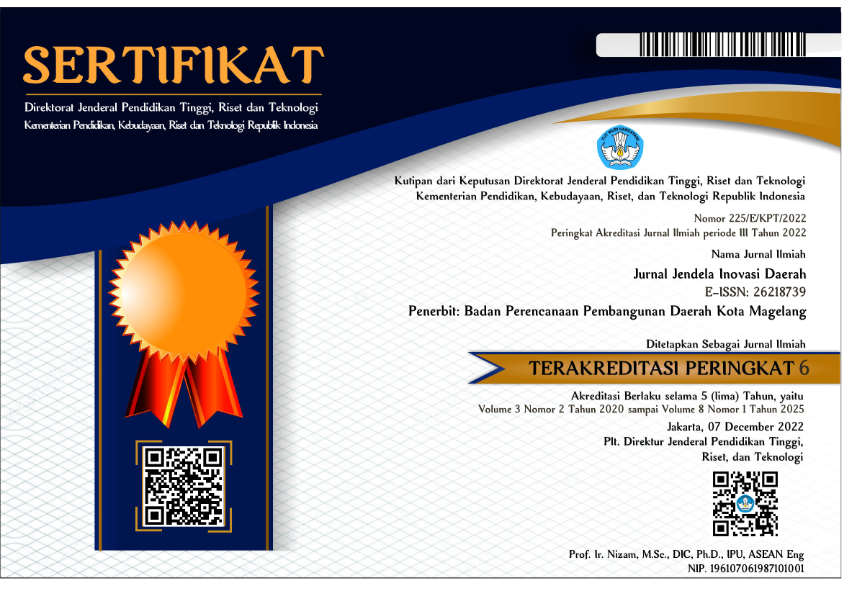TEORI HIERARKI KEBUTUHAN ABRAHAM MASLOW SEBAGAI DASAR UNTUK MENINGKATKAN MOTIVASI BELAJAR MAHASISWA
Abstract
College students are the nation's next generation, transitioning from adolescence to adulthood. During this period, they face various challenges that can affect their learning motivation. Abraham Maslow's Hierarchy of Needs Theory is believed to provide an understanding of the factors influencing learning motivation. The purpose of this study is to examine the role of Abraham Maslow's Hierarchy of Needs Theory in increasing student learning motivation and to identify the impact of fulfilling basic needs to self-actualization on learning enthusiasm. The method used was a literature review of national and international literature from 2021-2025 with the keywords "Learning Motivation" and "Hierarchy of Needs." After filtering based on the relevance of the content titles, seven articles were obtained for analysis. The results of the study indicate that the application of Abraham Maslow's Hierarchy of Needs Theory has a positive impact on increasing student learning motivation. Students with met basic needs, such as physiological needs, safety needs, love and belonging needs, self-esteem needs, and self-actualization needs, tend to have higher learning motivation. Lecturers who understand student needs holistically can create a supportive and inclusive learning environment, thereby maximizing students' learning potential. These findings confirm that Abraham Maslow's Hierarchy of Needs Theory is effective in increasing learning motivation by creating an environment that is responsive to students' needs.
Copyright (c) 2025 Jurnal Jendela Inovasi Daerah

This work is licensed under a Creative Commons Attribution-NonCommercial-NoDerivatives 4.0 International License.
















